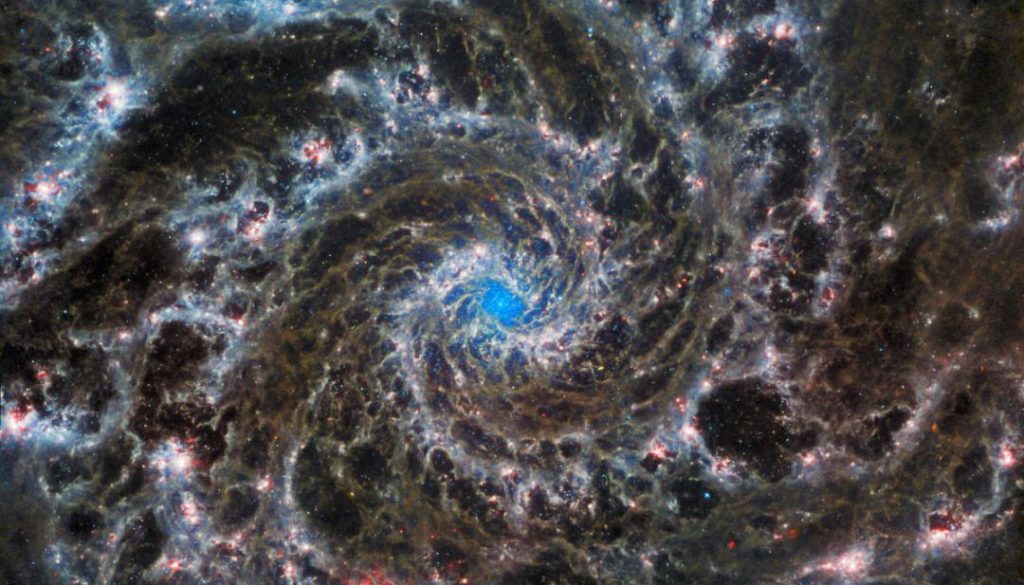
Dark Energy Behind Universe’s Expansion May be Weakening: Study
One of the most profound mysteries of modern astrophysics has been the rapid expansion of the universe, which has been observed to be accelerating over the past few decades. This phenomenon has been attributed to a mysterious force known as dark energy, which is thought to be responsible for the acceleration of the universe’s expansion. However, a recent study has suggested that dark energy may not be as powerful as previously thought, and may be weakening over time.
The study, published in the journal Nature, analyzed data collected by the Dark Energy Spectroscopic Instrument (DESI), a massive project designed to map the distribution of galaxies across the universe. The DESI instrument is capable of observing the light coming from millions of galaxies, allowing scientists to study the expansion history of the universe in unprecedented detail.
According to the study, the data collected by DESI suggests that dark energy peaked when the universe was about 70% of its current age, and has been weakening ever since. This means that the acceleration of the universe’s expansion, which was previously thought to be constant, may actually be slowing down over time.
The implications of this finding are profound, and could potentially support the “big crunch” theory, which predicts that the universe will eventually reverse its expansion and collapse back in on itself in a catastrophic event known as the “big crunch”. According to this theory, the universe will continue to expand for billions of years, but eventually the expansion will slow down and then reverse, causing the universe to collapse back into a singularity.
The weakening of dark energy could also have significant implications for our understanding of the fundamental laws of physics. Dark energy is thought to be a property of space itself, and its weakening could be indicative of a more nuanced understanding of the universe’s evolution. It could also potentially challenge our current understanding of the universe’s origins, including the Big Bang theory.
The study’s findings are based on a detailed analysis of the light coming from millions of galaxies, which were observed by DESI over a period of several years. The instrument is capable of measuring the light coming from galaxies at different distances, allowing scientists to study the expansion history of the universe in detail.
The analysis of the DESI data suggests that the universe’s expansion has been slowing down over the past few billion years, consistent with the idea that dark energy is weakening. This finding is significant, as it challenges our current understanding of the universe’s evolution and could potentially have significant implications for our understanding of the universe’s origins.
The study’s lead author, Professor Joe Zuntz, said in a statement: “Our results are a major surprise, and could fundamentally change our understanding of the universe’s evolution. If confirmed, they would suggest that dark energy is not a constant force, but one that is weakening over time.”
The findings of the study are significant, and could potentially have significant implications for our understanding of the universe. However, they are still preliminary, and will need to be confirmed by further observations and analysis. The DESI instrument is expected to continue collecting data over the next few years, allowing scientists to further study the weakening of dark energy and its implications for our understanding of the universe.
Source:






